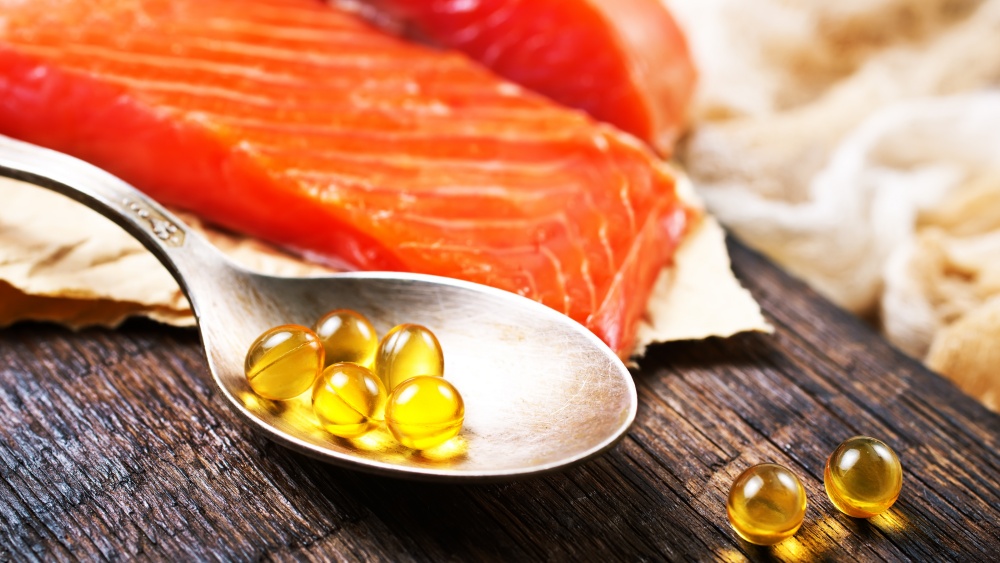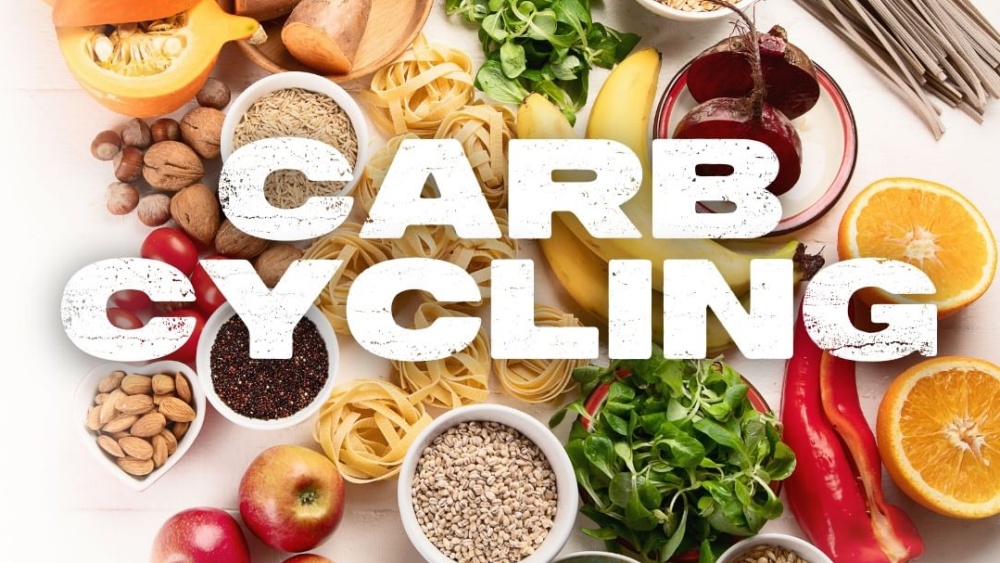Martial artist or not, the things you consume can have a significant effect on how your body handles the aging process. Nutrition plays a vital role in your health and can even prevent, manage, and treat diseases. For example, people with diabetes can manage their blood sugar by avoiding sugary and starchy foods. Some prediabetics can even reverse their condition by changing their diet without medication.
Even minor changes to your diet can significantly improve your health and reduce your risk of age-related disease. This article will discuss some of the changes you can make to your diet to maintain your physical and mental health as you age.
Dietary Changes You Can Make To Slow Down The Aging Process
Let’s jump right into our list to examine some of the ways you can fight off aging by modifying your diet:
1) Eat Dark-Colored Foods, Especially Blue Ones
Naturally colorful foods like vegetables and fruits contain many antioxidants, minerals, and vitamins that protect you from disease while promoting good overall health. Blue-colored foods, in particular, are known to be extremely rich in antioxidants. They get their blue color from a pigment called anthocyanins, a class of antioxidants that extend your lifespan, decrease inflammation, reduce long-term damage, and combat oxidative stress.
Blueberries are a popular, blue-colored fruit, and they’re classified as superfoods. They are low in calories but rich in nutrients and antioxidants. Other examples of dark-colored foods that help to fight off aging include kale, spinach, and cherries.
2) Be Careful With Supplements
The health benefits of dietary supplements remain unclear despite decades of research on the subject. Supplements can be helpful when you have dietary deficiencies, but there is no scientific evidence that shows people who regularly take supplements live longer, are less vulnerable to illnesses, or suffer less cognitive decline as they age.
Regulations governing the production of these supplements are not as strict as those that govern prescription medication, so they are not always safe to take. There’s also the issue of overexposure to some nutrients like iron and vitamin A. Taking vitamin A supplements excessively can lead to issues like liver damage, bone thinning, and congenital disabilities. Too much iron can lead to organ failure, convulsions, and stomach issues.
While supplements can help when taken correctly, the best way to get your body all the nutrients it needs is to regularly consume foods that are rich in them. That does more for you than taking vitamin supplements daily.
3) Build Your Meals Around One Main Ingredient
Less is typically more when building healthy meals for your diet. Stick to unprocessed, whole foods like vegetables and fruits, which naturally only have one ingredient. Processed and packaged foods typically contain a long list of preservatives, additives, dyes, and other artificial substances that are typically unhealthy. Just look at the label of any packaged foods in your pantry. The list of ingredients can easily be over 10 different chemicals added to the product.
If you must purchase packaged foods, look closely at the label to ensure it only contains one ingredient. For example, dried apples with no additives.
Foods containing only one ingredient are typically low in sugar and rich in nutrients. They also have a smaller carbon footprint than foods that contain additives. These foods have been linked to improved blood sugar levels, digestion, and skin health. They reduce your risk of health issues like metabolic syndrome, diabetes, and heart disease.
4) Keep Packaged Foods To A Minimum
Like processed meats, professed foods are unhealthy since they often contain preservatives and additives that are bad for your body. Processed foods often come in sealed packages that must be ripped open to access their content. These foods are typically processed to increase their shelf-life and, in some cases, to improve their flavor profile.
Examples of processed foods you might think are healthy but aren’t include granola bars, candy, fast foods, cookies, and chips. Even “healthy” versions of these snacks typically aren’t good for you.
5) Minimize Processed Meats
Processed foods are generally bad for you, but processed meats are the worst. Consuming high amounts of such meats exposes you to harmful chemical compounds that can negatively affect your health. Processed meats have been preserved by techniques such as canning, smoking, and drying. This includes deli meats, bacon, sausage, jerky, and corned beef.
Chronic health issues linked to the regular consumption of processed meats include chronic obstructive pulmonary disease (COPD), colon cancer, stomach cancer, bowel cancer, cardiovascular disease, and high blood pressure. For instance, a 2019 study conducted at Harvard showed that eating as little as one serving of processed meat a day increased a person’s risk of diabetes by 19 percent and increased their risk of cardiovascular disease by 42 percent. It also showed the subjects had an increased risk of colon cancer.
6) Eat More Nuts
Nuts like almonds are an excellent source of vitamin E, which helps to protect your skin from ultraviolet rays, retain skin moisture, and repair damaged skin tissues. Getting your body all the vitamin E it needs helps to preserve a youthful appearance.
Some nuts, like walnuts, even contain omega-3 acids that reduce inflammation all over the body, protect your skin against sun damage, and strengthen your skin barrier. If you’re not a big fan of nuts, try sprinkling some into your salads or using nut butter on your sandwiches.
7) Eat Fish Multiple Times A Week
Oily fish species like salmon are an excellent source of fatty omega-3 acids. These compounds promote healthy heart and brain function. They also help to keep your skin healthy, minimizing the effect of aging on it.
Fish oil’s cognitive benefits help reduce memory loss and alleviate mental health issues like depression. Cognitive function declines as a person ages so ensure you get enough fish in your meals to preserve your brain health.
Oily fishes typically contain two types of omega-3 acids: EPA and DHA. Your body can also make these omega-3 acids by converting another omega-3 acid, ALA, into EPA and DHA. ALA is typically found in nuts like chia seeds, walnuts, and flaxseeds.
You may also like:
Alactic Vs. Lactic Capacity Training – What’s The Difference?

















